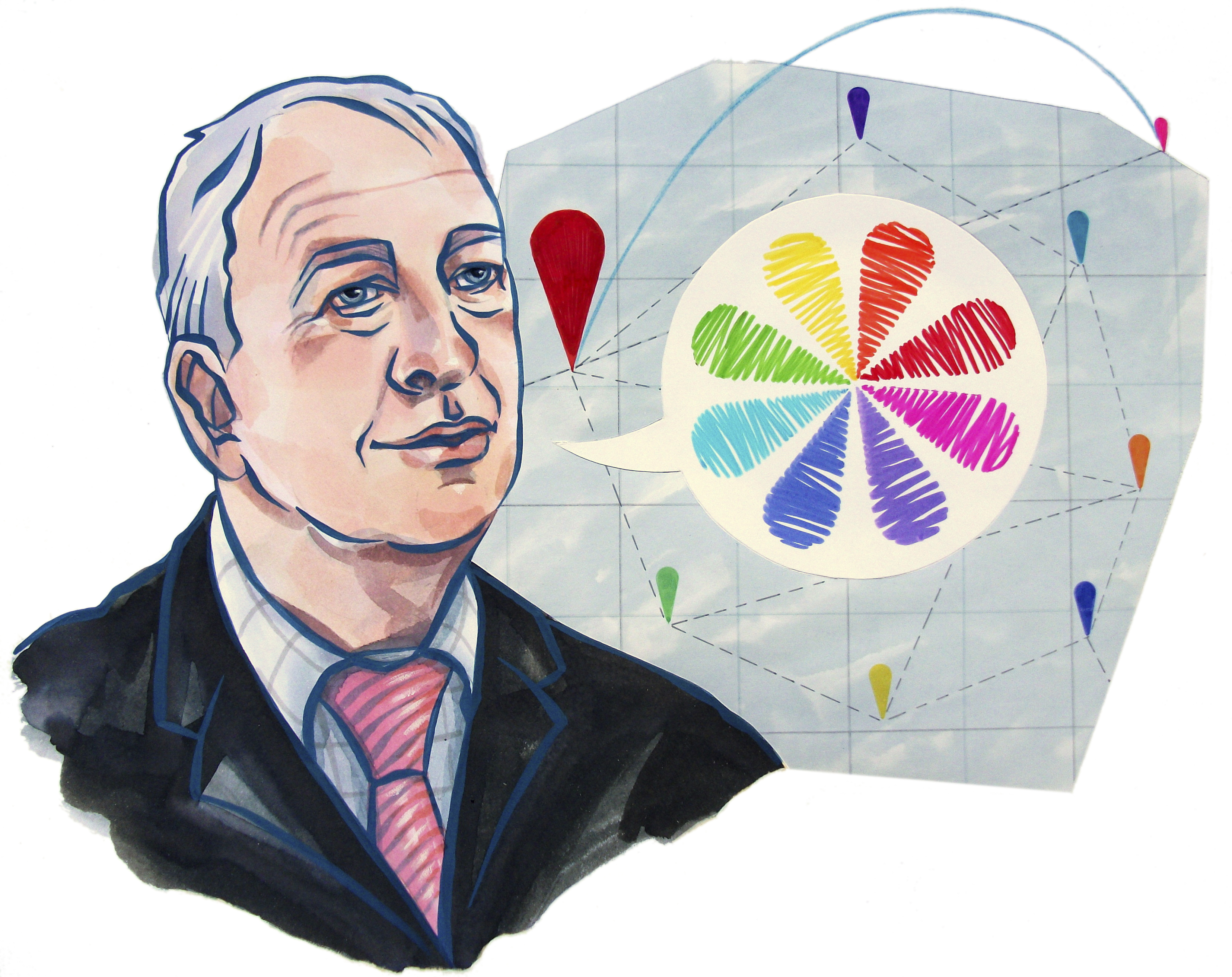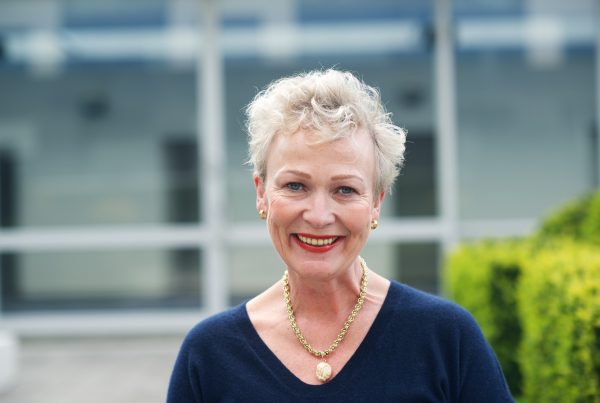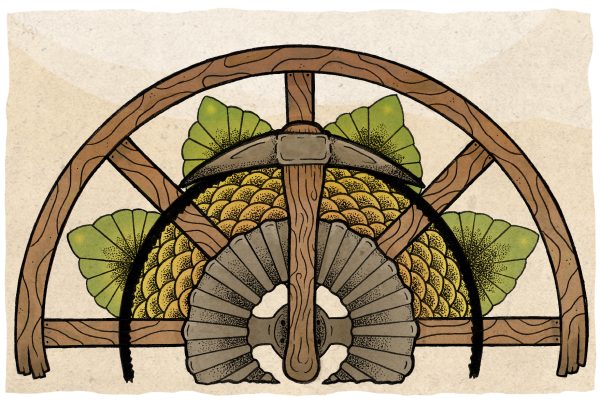
Called Naypyidaw, it has been built by the country’s military dictatorship as a replacement for Yangon (Rangoon), the old capital on the coast. And what a replacement! It is, for the moment, mostly an administrative capital, but that dry adjective hardly conveys the grandeur of the place. Great government department buildings stand at least a kilometre from each other, so as to make the city harder to bomb; between them stretch multi-lane highways on which almost no one drives. It’s a testament to what you can get done with absolute, unadulterated power.
Of course, Myanmar is democratising, or so we’re told, and that’s where Ross Wilson, the former head of New Zealand’s Council of Trade Unions, comes in. He recently returned from being the point man in Myanmar for the International Labour Organisation, trying to make trade unions — which in Myanmar were banned until quite recently — into the foundation stones of a new democracy.
When it comes to organising, the Burmese, Wilson says, “are doing fantastically well. There is a determination here that we don’t see in Western countries. Having the right to associate means you have the right to meet, the right to speak, the right to protest.” None of these things, you see, is generally a right in Myanmar.
Wilson was working in a country poised between two modes of operation: open and closed. So he could host workshops on how to set up a union, “but we were constantly being disrupted by the Special Branch of the police coming to our training sessions and trying to get the register of attendees”. Then again, Wilson says, with a laugh that has some steel in it, “I used to send them away. They were persistent. But things have changed to the point where you could send them away.”
He dealt with some curious characters, especially at the senior level. “Mainly they are ex-colonels, in the case of the director-generals and ministers. The deputy minister I had most dealings with was the former head of the Special Branch. And he was a very pleasant guy. But you couldn’t get out of your mind the fact that sitting opposite you was a guy who was Special Branch.”
And then there’s the new capital, which sounds odd, to say the least. “Well, I think Canberra was probably quite odd when it was established. And Brasilia. But Brasilia at least had some extraordinary architecture — which is more than can be said for Naypyidaw. It is just so spread out, and so illogically spread out. Why would you want government departments being a kilometre from each other?”
If you’re a military dictatorship, of course — even a democratising one — these things all makes sense. It also helps to understand, Wilson says, “the tradition that new kingdoms always build a new capital. There’s quite a few ancient capital sites around the country. I also think there was a bit of self-aggrandisement in action. These buildings are monumental structures — and the presidential palace is only exceeded in grandeur by the commander-in-chief’s palace.”
Spare a thought, in all of this, for the poor civil servants. They are made to live in Naypyidaw, though their families are still generally in Rangoon. There is no public transport in the city, so at around 8.30–9am special buses take them from home to work. But if they miss the bus, there’s no other way of getting to work. Wilson used to take pity on them, and schedule meetings in Rangoon for a Monday or a Friday, so they had an excuse to stay with their families over the weekend. “A lot of them don’t otherwise see their families much at all.” It must have been a touch of normality, and kindness, in a turbulent country.




